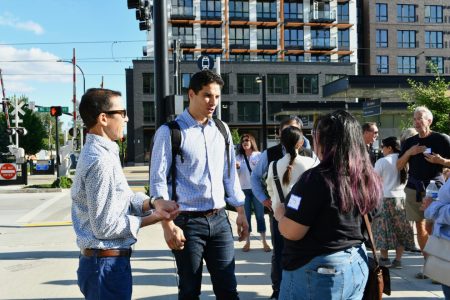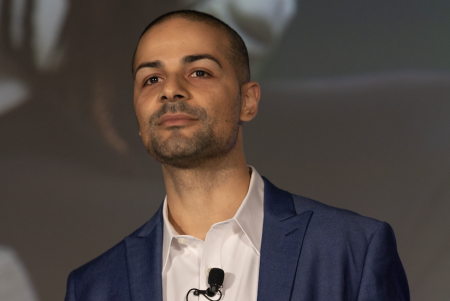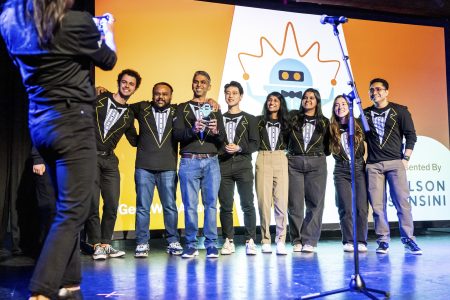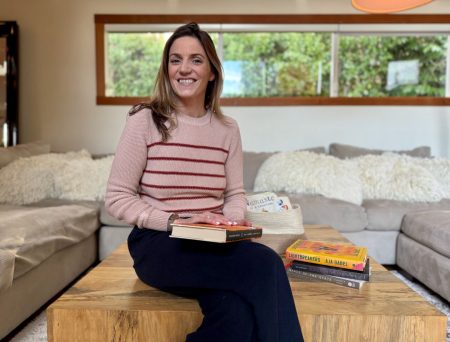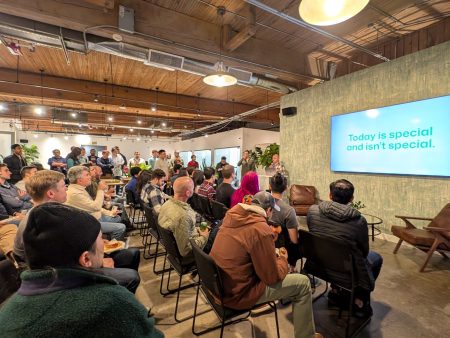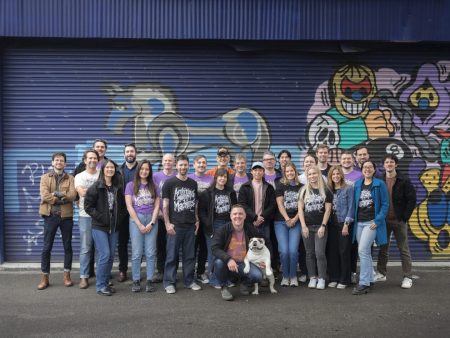The “U.S. Chamber of Connection,” an innovative civic organization, is making strides to enhance the lives of newcomers in Seattle, which serves as its pilot city. The initiative underscores the difficulty of transplanting into a new environment, especially in a city like Seattle, where its notoriously inclement weather and the social phenomenon known as the “Seattle Freeze” can pose hurdles for adaptation. This organization’s mission is to help integrate a diverse range of individuals—ranging from tech workers and students to refugees and retirees—into the local community, thereby fostering social bonds and a sense of belonging.
At the helm is Aaron Hurst, a seasoned social entrepreneur who has founded various establishments aimed at strengthening community ties. He fully understands the challenges of relocating, drawing from personal experience after moving to Seattle from Brooklyn, NY, a decade ago. Hurst reveals his journey of overcoming the cultural shift and isolation that often accompanies moving to a new city. Recognizing the need for connection, he initiated monthly dinner gatherings to foster relationships and dialogue about the experiences associated with living in Seattle. Through these efforts, he gained valuable insights into the complexities newcomers encounter and the necessity of cultivating meaningful connections.
Hurst points out the prevalent tension within Seattle, mainly between long-time residents and the influx of tech transplants. This dynamic creates a barrier to integration and civic interaction, which he believes jeopardizes the wellbeing of both individuals and the community as a whole. Notably, he highlights the alarming decline in volunteering and philanthropy, indicating a rift in community engagement that must be addressed for Seattle to flourish. Hurst emphasizes the importance of bridging the gap between locals and newcomers, advocating for a collaborative environment that fosters shared experiences across various fields, including arts, technology, and healthcare.
Compounding the situation is a wider loneliness epidemic affecting millions across America, fueled by shifts in social habits and accelerated by the impacts of the pandemic and remote work. Acknowledging this challenge, the U.S. Chamber of Connection has assembled a diverse welcome committee comprising representatives from major Seattle institutions like Microsoft, Amazon, and the University of Washington. This coalition aims to ensure that individuals from different backgrounds and industries can engage with one another, facilitating innovation, friendship, and a cohesive community.
To promote this mission, the Chamber plans to host monthly orientation events for new residents to help them navigate the city. These sessions are designed to build relationships and alleviate the feeling of being overwhelmed that often accompanies relocation, especially for those in the high-paced technology sector. Additionally, the Chamber has developed a practical checklist called the “6 Points of Connection,” providing actionable steps for individuals to enhance their social interactions and participate in community activities. Through initiatives like establishing neighborhood clubhouses and fostering online communities, the organization aims to create welcoming environments that facilitate new friendships.
Looking ahead, the U.S. Chamber of Connection hopes to expand its reach, aspiring to establish its presence in 50 U.S. cities within the next decade. The nonprofit’s sustainability will rely on a membership model and event participation, distancing itself from a dependency on philanthropy. This vision aligns with Seattle Mayor Bruce Harrell’s “One Seattle” initiative, which seeks unity among the city’s residents. Hurst identifies the divisive mentality between “real Seattleites” and newcomers as counterproductive, advocating for a more inclusive narrative that encourages collaboration, joy, and shared experiences, ultimately reimagining how individuals connect within the rich fabric of urban life.




